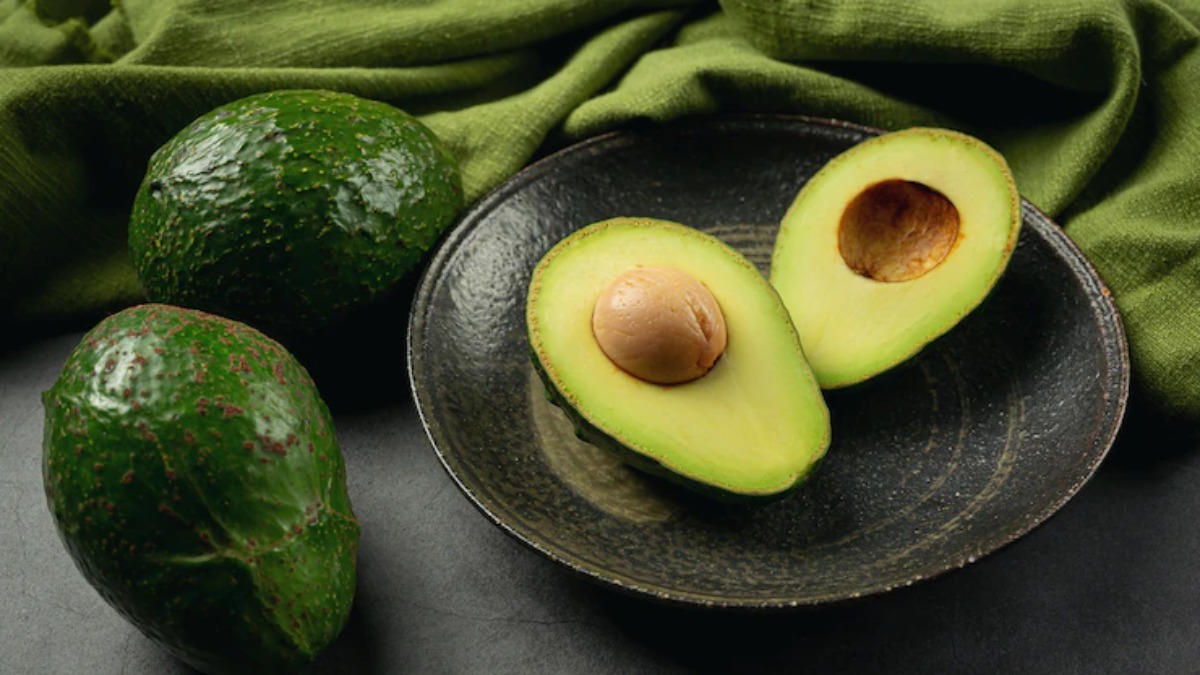Avocados May Reduce The Risk Of Cardiovascular Disease, According To A New Study.

According to a recent study, eating two avocados per week was associated with a lower risk of cardiovascular disease. The findings were published in the ‘Journal of the American Heart Association.’ Avocados contain dietary fibre, unsaturated fats, particularly monounsaturated fat (healthy fats), and other beneficial components that have been linked to improved cardiovascular health. Avocados have previously been shown in clinical trials to have a beneficial effect on cardiovascular risk factors such as high cholesterol.
“Our study adds to the growing body of evidence that eating plant-sourced unsaturated fats can improve diet quality and is an important component in cardiovascular disease prevention,” said Lorena S. Pacheco, PhD, MPH, RDN, lead author of the study and a postdoctoral research fellow in the nutrition department at Harvard T.H. Chan School of Public Health in Boston.
“These are particularly noteworthy findings given that avocado consumption in the United States has risen dramatically in the last 20 years, according to data from the United States Department of Agriculture,” she added.

Researchers followed over 68,780 women (ages 30 to 55 years) from the Nurses’ Health Study and over 41,700 men (ages 40 to 75 years) from the Health Professionals Follow-up Study for 30 years. At the start of the study, all study participants were free of cancer, coronary heart disease, and stroke and lived in the United States. During a 30-year period of follow-up, researchers recorded 9,185 coronary heart disease events and 5,290 strokes. Researchers evaluated participants’ diets by administering food frequency questionnaires at the start of the study and then every four years.
“These findings are significant because a healthy dietary pattern is a cornerstone for cardiovascular health,” said Cheryl Anderson, PhD, M.P.H., FAHA, chair of the American Heart Association’s Council on Epidemiology and Prevention.
“We desperately need strategies to increase intake of AHA-recommended healthy diets rich in vegetables and fruits, such as the Mediterranean diet,” said Anderson, professor and dean of the Herbert Wertheim School of Public Health and Human Longevity Science at the University of California, San Diego.
“Although no single food is the answer to eating a healthy diet on a regular basis, this study provides evidence that avocados may have health benefits.” “This is promising because it is a food item that is popular, accessible, desirable, and simple to incorporate into meals eaten by many Americans at home and in restaurants,” Cheryl concluded.








